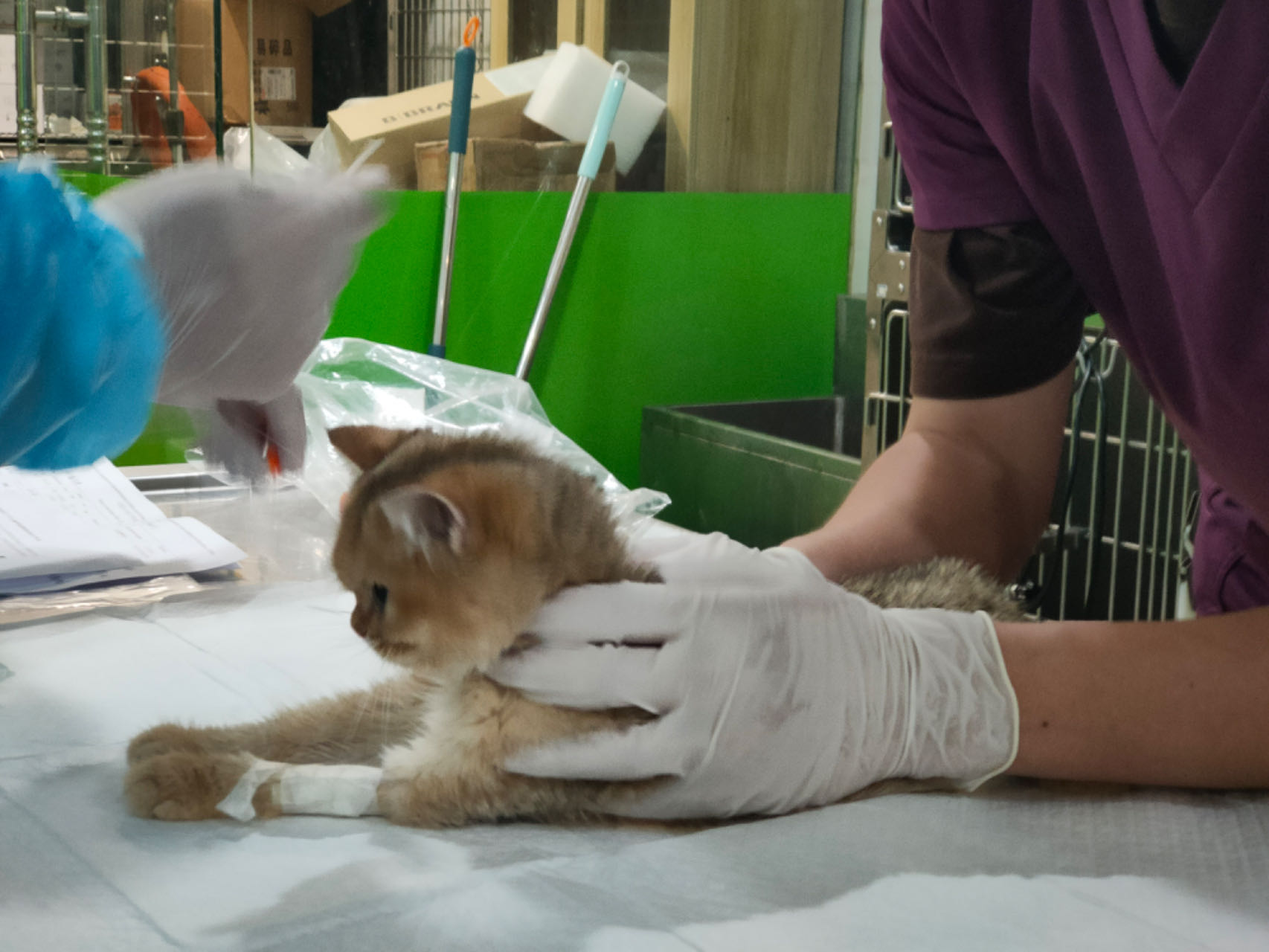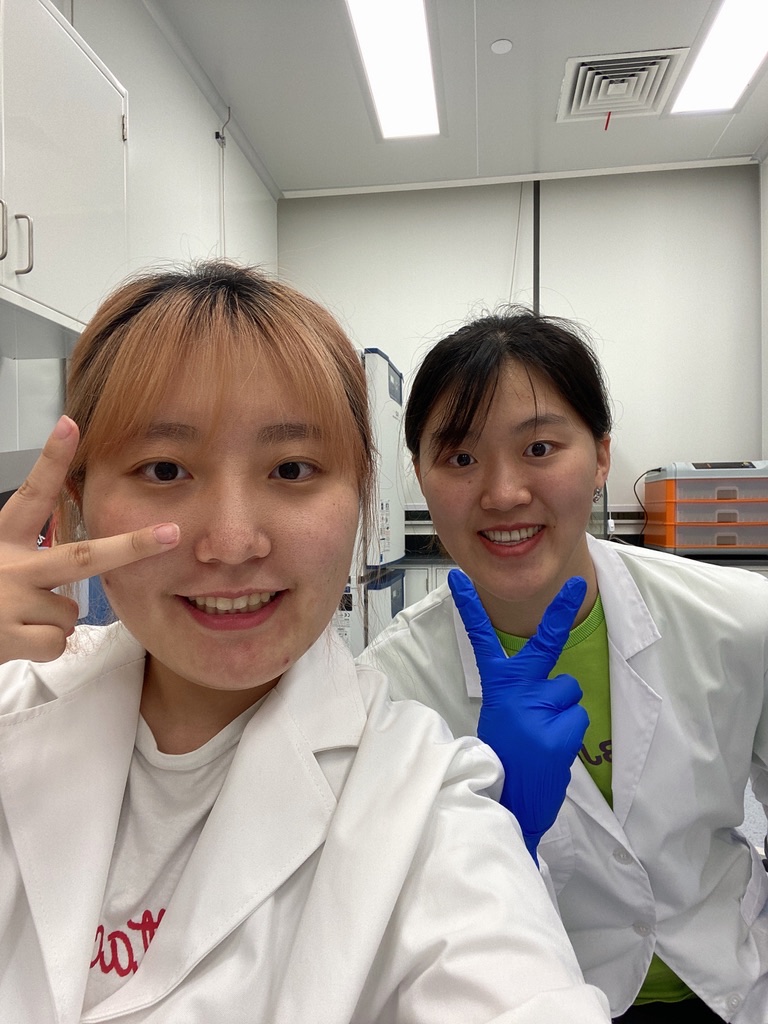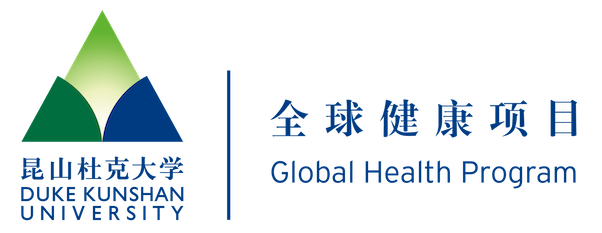Spanning the summers of 2022 and 2023, Semin Kim (UG, Class of 2024), from the Molecular Bioscience major, and her team collected 200 nasopharyngeal swab samples from cats at nine local animal clinics in Kunshan, China. This study represents the first molecular epidemiology and phylogenetic analysis of feline calicivirus (FCV) in the region. Their findings have recently been published in BMC Virology Journal, one of the top journals in the field.

FCV is a highly contagious virus that primarily affects the respiratory tract and oral cavity of cats. Despite routine vaccinations administered by pet owners, new cases of FCV continue to emerge, and the rise of mutant strains has reduced the effectiveness of traditional vaccines. Before this study, no genetic or phylogenetic analysis of FCV strains infecting cats in Kunshan had been conducted, making these findings particularly significant.
The study revealed that FCV was detected in 26% of the 200 samples, indicating a higher prevalence than in previous studies conducted in China. Among the FCV-positive cats, 32.7% had been vaccinated, and it was observed that these vaccinated cats generally exhibited milder clinical symptoms. Infection rates were not associated with specific cat breeds, and 71.15% of the identified FCV strains belonged to genotype II. Additionally, the study identified new mutations in some strains that could potentially enhance the virus’s ability to adapt. This may impact and reduce the effectiveness of existing conventional cat vaccines.

“The COVID-19 pandemic sparked my interest in biology, leading me to join the One Health Research Laboratory in 2021, which is co-led by Dr. Benjamin Anderson and Dr. Sajid Umar,” said Semin Kim. “I set out to study the animals that live alongside humans to understand the molecular epidemiology of the diseases to which they are susceptible.”
The project secured funding of 20,000 RMB through the one-year National Innovation Training Project in the 2022 College Student Innovation and Entrepreneurship Training Program. This program, commonly known as the Dachuang Program in China, was initiated by the DKU Innovation and Entrepreneurship Initiative with the support from Jiangsu provincial government. As the project co-leader, Semin initiated and led the research, actively participating in every step of the process—from literature review, writing the grant proposal in English, collecting samples, conducting laboratory work, to reviewing and editing the manuscript.
“Given my limited experience as an undergraduate student, leading such a comprehensive research project was an invaluable opportunity. Most importantly, I came to understand the pivotal role of communication in science by cultivating relationships with teammates, faculty mentors, local collaborators, and our co-authors and reviewers to ensure the project progressed efficiently and met its milestones.”
Two other team members—Yixi Cheng (UG, Class of 2024) from the Molecular Bioscience major and Zhenkun Fang (UG, Class of 2024) from the Global Health major—also collaborated with Semin on various aspects of the project, including project administration, stakeholders’ coordination, laboratory work, and manuscript drafting.

“The hardest part was establishing partnerships with local pet clinics in Kunshan,” said Yixi Cheng. “I had to answer all kinds of tough questions from the partners, gain the trust of the clinics, and learn to adapt to the ‘occasional rejection.’ However, the project itself brought me more rewards and growth.”
In addition, Yixi was heavily involved in the laboratory work. ‘I’m excited to apply what I’ve learned in the lab,’ she says. ‘It’s research that’s relevant to our lives. Nowadays, with more and more people loving and owning cats, safeguarding the health of animals directly contributes to safeguarding human health itself, which is the core concept of One Health research,’ explains Yixi.
The research experience was also a “pleasant memory” for Zhenkun Fang. As the co-leader of the project, he managed both funding application paperwork and lab work. Collecting samples and extracting the RNA of the viruses for PCR analysis is an abrasive process. “I need to be very careful because the samples are very valuable. If they are not handled properly, the quality of the data we end up analyzing will also be greatly affected,” he explains.
“The three students demonstrated great autonomy and excellent teamwork throughout the project. This included facilitating the project, collecting samples, negotiating with community partners, processing samples, and analyzing data,” said Sajid Umar, the program instructor, Visiting Assistant Professor of Global Health, and Deputy Director of One Health Research Laboratory at Duke Kunshan University.
He continued, “One Health is dedicated to promoting the health of humans and animals and improving our environmental conditions through interdisciplinary and inter-regional collaboration. It is an increasingly vital approach in global health research and practice, addressing a wide range of issues, including antibiotic resistance, zoonotic diseases, vector-borne diseases, food safety, and environmental health.”
*Check the full article: https://pubmed.ncbi.nlm.nih.gov/38414028/
*Learn more about DKU One Health Research Lab: https://sites.duke.edu/dkuonehealth/

